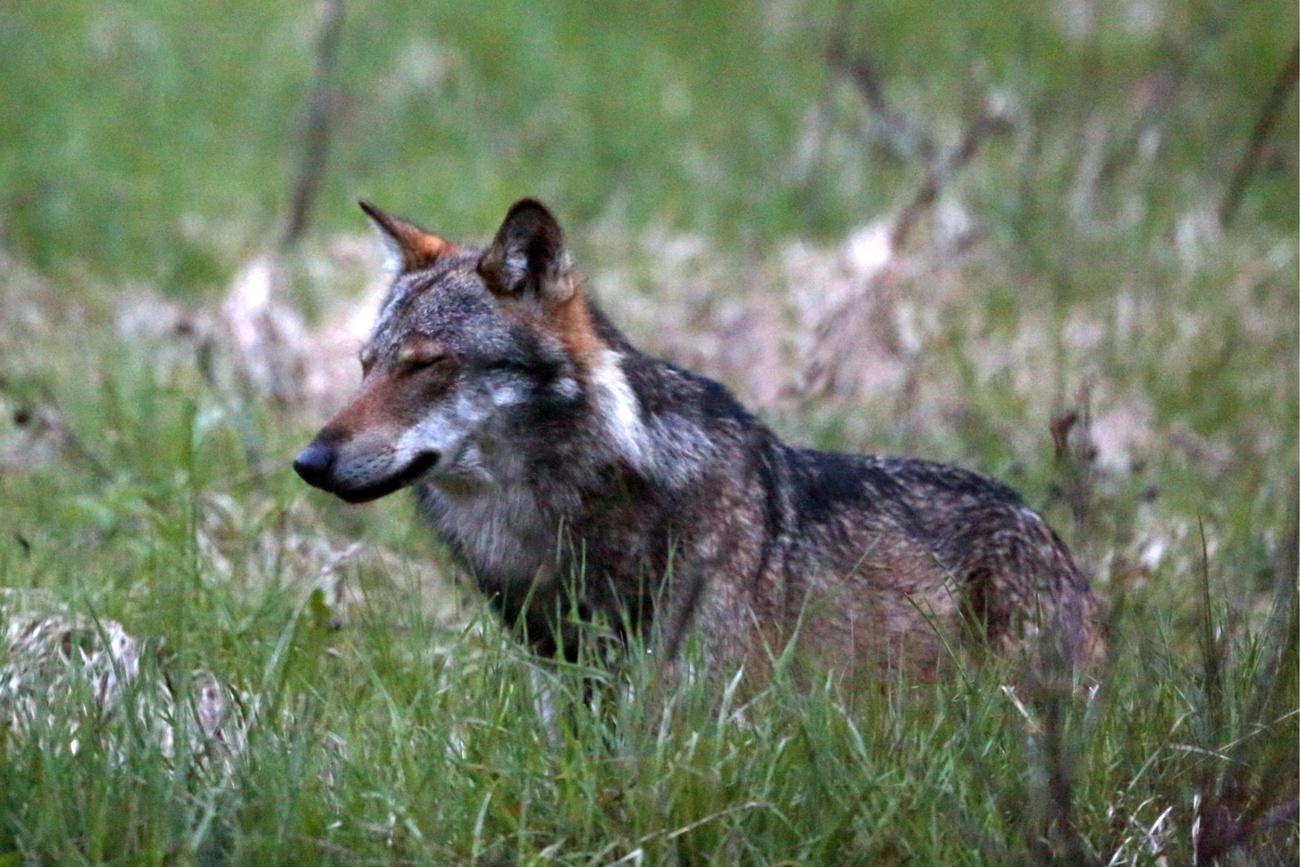
Court lowers bar for killing problem wolves in Switzerland

DNA evidence should carry less weight when deciding the fate of wolves that are suspected of killing livestock, a Swiss court has ruled.
Greater emphasis should instead be placed on other factors, such as photographic evidence, changed behaviour patterns and the ability of parent wolves to teach cubs hunting techniques.
The Federal Administrative Court reached this verdict when considering the case of wolf M92 that roams in southeast Switzerland.
+ Calls mount to cull Swiss wolves
The court ruled that the Federal Office for the Environment relies too heavily on saliva DNA samples taken from dead livestock when considering requests to cull wolves.
Such evidence is prone to contamination when carcasses lie out in the open, the court said.
In future, photographic or filmed evidence should play a greater role in determining whether a wolf should be shot.
Evidence of learned behavioural patterns, such as jumping over electric fences, should also be permitted. And the ability of adult wolves to teach cubs such tricks should also be taken into consideration when evaluating the threat of a wolf pack.
The number of deadly wolf attacks on livestock has risen sharply in recent years and is estimated to have passed the 1,000 mark in 2022.
There have also been concerning reports of wolves stalking people.

More
Wolf population thrives in Swiss Alps
In December, Parliament approved law changes to allow the preventative culling of wolves before attacks occur if they are deemed to pose a threat to livestock.
New rules are also due to come into force this summer allowing wolves to be shot in some cases without prior consent from the authorities.
In 2020, voters rejected a comprehensive overhaul of hunting laws as wolves are a protected species in Switzerland.
Switzerland currently has some 180 wolves and at least 20 packs. It is estimated that their population could double in three years.

In compliance with the JTI standards
More: SWI swissinfo.ch certified by the Journalism Trust Initiative






























You can find an overview of ongoing debates with our journalists here . Please join us!
If you want to start a conversation about a topic raised in this article or want to report factual errors, email us at english@swissinfo.ch.